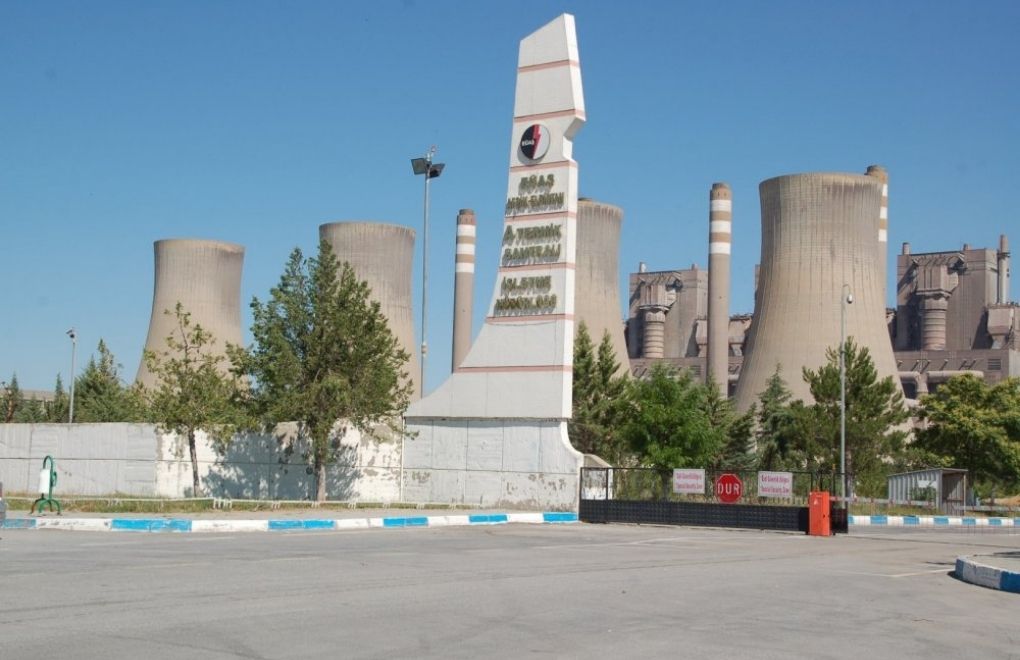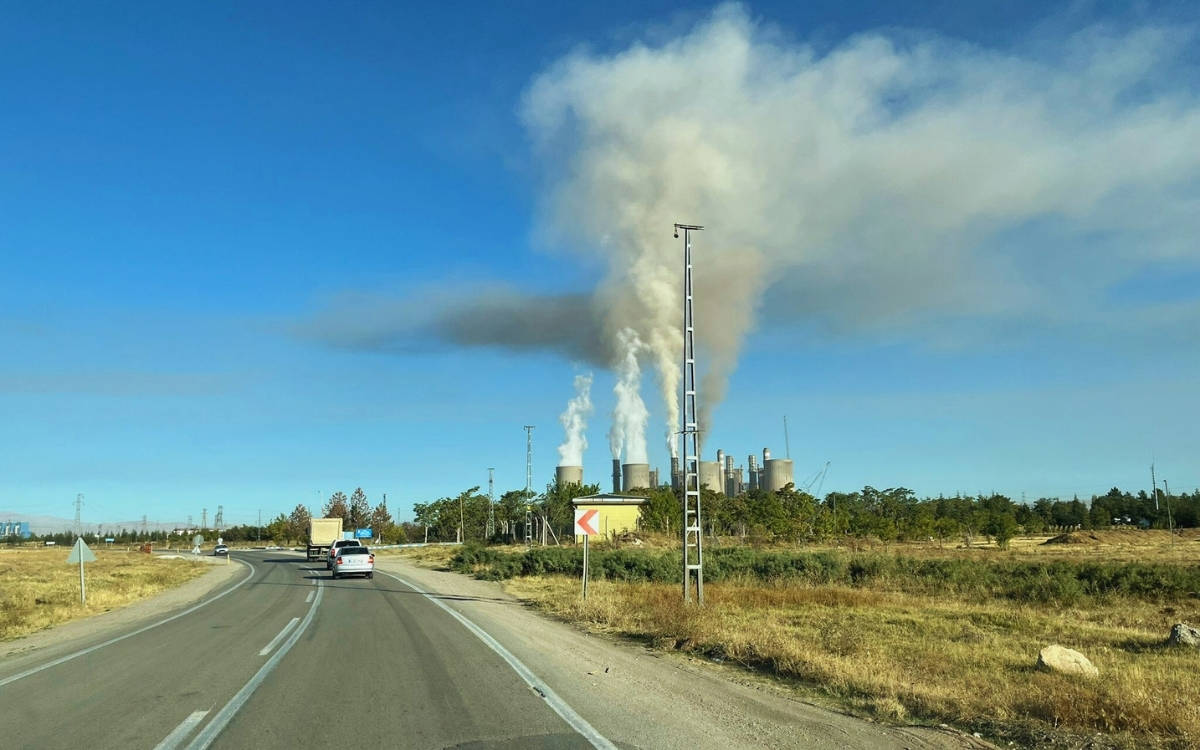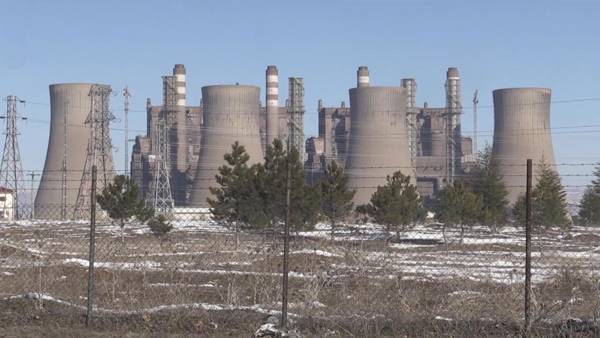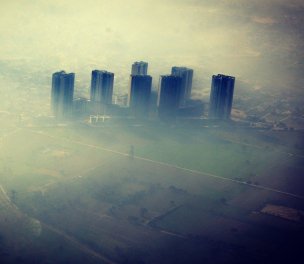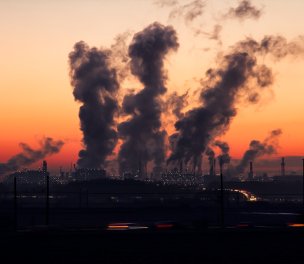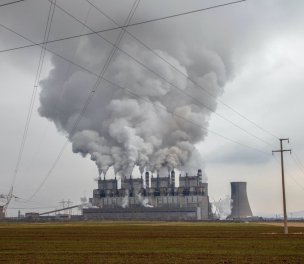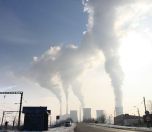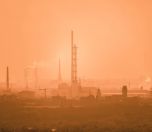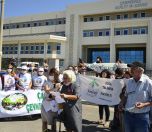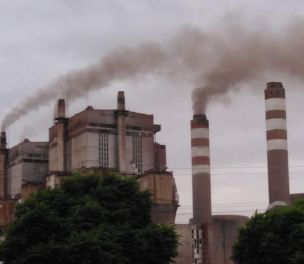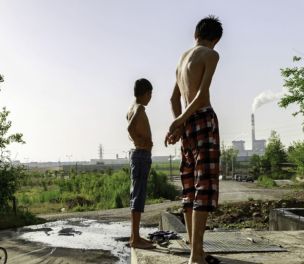Click to read the article in Turkish
Turkey ranked eighth in the world in sulphur dioxide (SO2) emissions, up from 10th in the previous year, according to a report by Greenpeace and the Centre for Research on Energy and Clean Air (CREA).
SO2 emissions have been on the rise in the last four years in Turkey and increased by 14 percent in a year, says the study, where the NASA OMI (Ozone Monitoring Instrument) satellite was also used.
Coal-based power production is the main reason for the increasing emissions in the country, says the report. Two towns with coal-fired power stations in the country, Kemerköy in the western Muğla province and Afşin-Elbistan in the southeastern Maraş province, ranked fourth and fifth, respectively, in the list of places of highest air pollution caused by SO2.
CLICK - Greenpeace: Coal-Fired Power Plants Caused 17 Thousand Premature Deaths in Afşin
According to the Platform of Right to Clean Air, which examined the particulate matter (PM10) measurement data released by the Ministry of Environment and Urbanism, there was six times more air pollution than the World Health Organization limit values in Elbistan from 2016 to 2018.
The region's geography also prevents the polluted air to be dispersed, says the report, adding that the poisonous gases that can't cross the mountains surrounding Elbistan "descends on people living around the plant."
Acute symptoms caused by SO2 exposure include a burning sensation in the nose, throat and lungs, as well as breathing difficulties and respiratory diseases.
Dementia, fertility problems, heart and lung diseases and premature deaths are among the chronic problems caused by SO2 exposure. (SO/VK)




